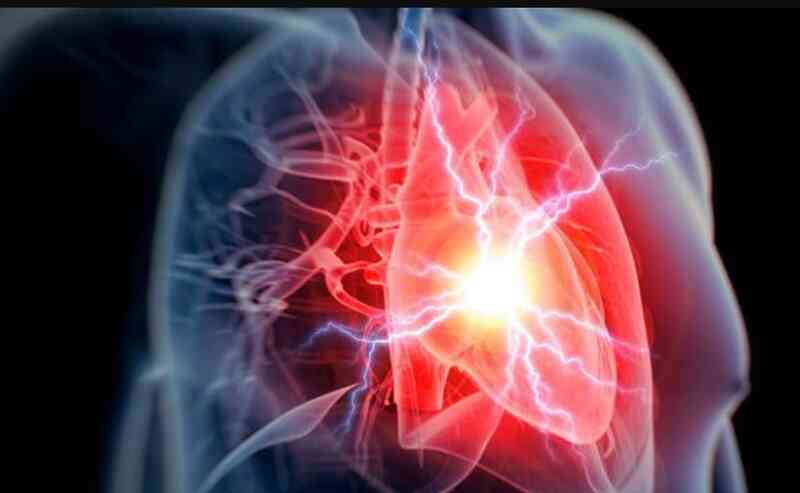Sudden Cardiac Death in Germany: A Warning for Young Athletes
- Update Time : 12:42:35 pm, Monday, 21 October 2024
- / 268
In Germany, approximately 65,000 people die from sudden cardiac death each year. This statistic becomes particularly alarming when young, healthy athletes die unexpectedly during sports activities, often due to undetected heart conditions. Therefore, both professional and amateur athletes need to undergo certain medical tests to safeguard their health.
Causes of Sudden Cardiac Death
Sudden cardiac death primarily results from ventricular fibrillation, which is a serious heart rhythm disturbance. In this condition, the heart is unable to effectively pump blood, leading to a collapse in circulation and a drop in blood pressure to zero. According to the German Register on Sudden Cardiac Death, 96% of those affected are men.
Causes in Young Athletes
For older individuals, coronary artery disease is the most common cause of sudden cardiac death. This occurs when the coronary arteries become narrowed due to plaque buildup, which impairs blood flow to the heart. However, in young athletes, the primary causes often include:
- Heart muscle diseases (cardiomyopathy): These affect the heart’s ability to pump effectively.
- Abnormalities of the coronary arteries: These structural issues can lead to inadequate blood supply.
- Heart valve diseases: Malfunctions in the heart valves can impede normal blood flow.
- Aortic diseases: Issues related to the aorta can pose significant risks.
Additionally, some electrical disorders, such as Brugada syndrome or Long QT syndrome, can trigger life-threatening heart rhythm problems. Myocarditis, which can develop unnoticed during a routine viral infection, is another risk factor.
Health Checks for Amateur Athletes
The critical issue is that these conditions are often difficult to detect in young people, as they typically show no symptoms while at rest. However, during intense physical exertion, the heart may not receive sufficient oxygen, which can lead to severe complications. Therefore, it is crucial for amateur athletes to undergo regular health assessments.
Doctor Jürgen Scharhag stresses that while professional athletes generally have routine check-ups, amateur athletes tend to neglect this aspect of their health. He strongly recommends regular examinations for all athletes, particularly if they have cardiovascular risk factors.
Recommended Health Tests
To ensure their heart health, amateur athletes should consider the following evaluations:
- Detailed Medical History: Gathering comprehensive information about previous sports activities and planned competitions.
- Physical Examination: Conducting a thorough sports medical physical examination.
- Resting ECG: Measuring the heart’s electrical activity at rest.
- Stress ECG: Evaluating the heart’s response to physical stress.
- Echocardiography: Performing an ultrasound examination of the heart to visualize its structure and function.
The Importance of Exercise Intensity
Failing to undergo these examinations can expose individuals to increased risks. As Dr. Scharhag points out, the intensity of exercise is crucial. Although amateur athletes may not be as highly trained as professionals, they can still experience significant physical stress. The heart rate during similar levels of exertion can be comparable between both groups.
High-intensity sports, such as marathons, pose a particularly elevated risk for sudden cardiac death. Research indicates that fatalities during marathons tend to occur more frequently in the later stages of the race when participants push themselves harder, often exacerbating stress on the heart.
Recognizing Warning Signs During Sports
Athletes must be vigilant about potential warning signs from their bodies during physical activity. Serious symptoms to watch for include:
- Chest Tightness
- Rapid and irregular heartbeat (palpitations)
- Shortness of breath
- Severe pain in the heart area (angina pectoris)
If these symptoms persist for several minutes, it is crucial to contact emergency services immediately by calling 112.
Conclusion
Regular health check-ups are vital, especially for young athletes. By undergoing these evaluations, individuals can significantly reduce the risk of sudden cardiac death and ensure a healthier lifestyle. Prioritizing heart health is essential not only for performance but also for longevity in sports and overall well-being.

























